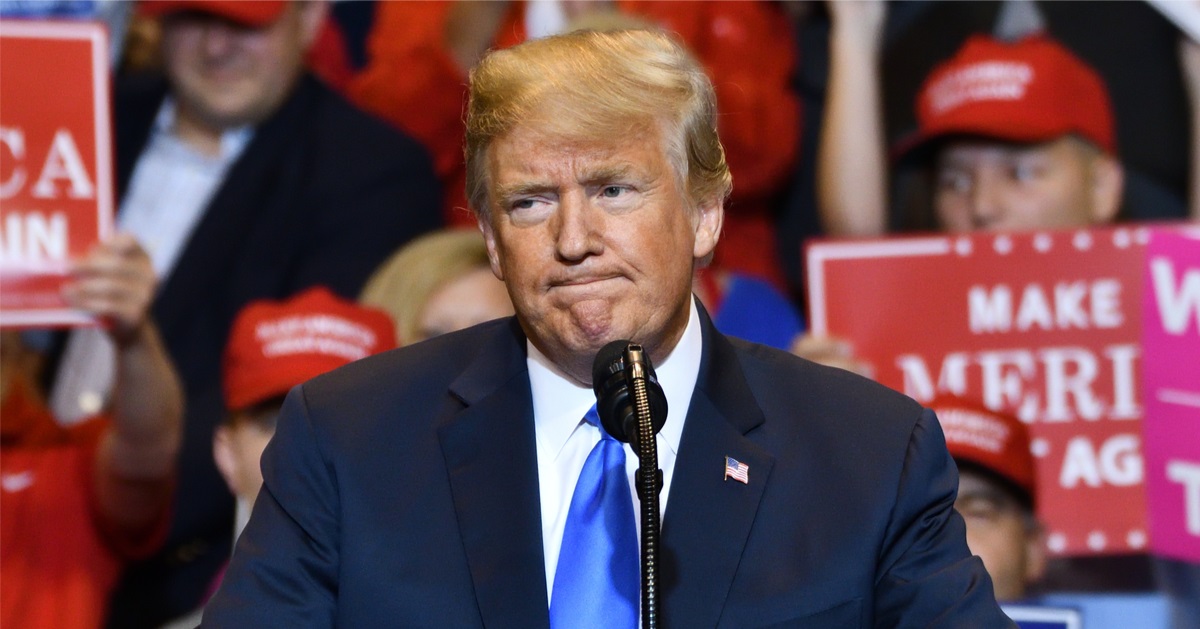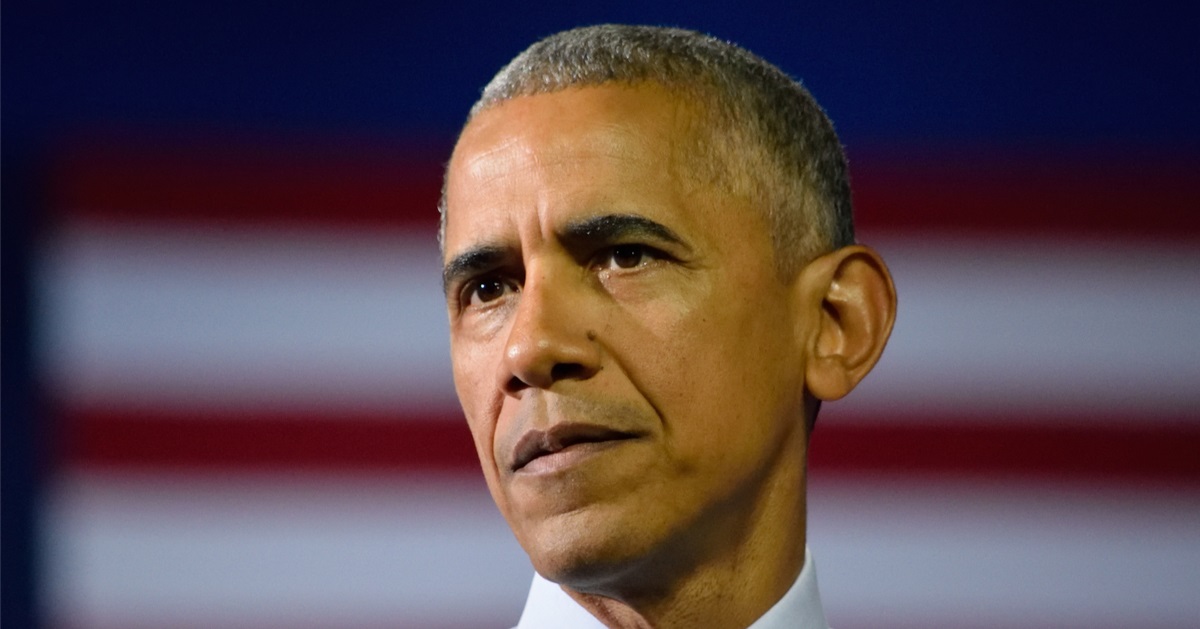Ireland's top election official admits inaccurate electoral registers could include half a million duplicates and dead voters
Election integrity and possible ballot fraud are certainly major concerns in the United States, but Americans aren't alone in worrying about the legitimacy of their electoral processes.
In Ireland, which just held national elections, some have raised concerns about around half a million names included on the electoral register that shouldn't be there, such as duplicate registrations and dead voters, according to The Irish Sun.
Yet, despite acknowledging the inaccuracy of the voter rolls, the nation's top election official nonetheless insists that ballot fraud isn't a problem and that the nation's election results should be trusted.
Inaccurate electoral registers
Ireland's RTE reported that turnout for last month's elections was the lowest in a century at 59.7%, but that figure could be skewed by the inaccurate electoral register, according to Art O'Leary, the chief executive of Ireland's electoral commission. Notably, that register is not centrally controlled but rather is a combination of 31 separate registers managed by independent local authorities.
"The electoral register we know is not as complete or as accurate as it should be ... there could be 500,000 people on the register who shouldn't be on it," O'Leary admitted during a recent media interview. "So, these are duplicates that exist, or people who have passed away, etc."
"So, I don't know if that figure is correct or not, but it sounds to me as if it's about right," he continued. "And if that was the case, then our turnout was probably 10% more than we think it was."
Allegations of fraud
RTE noted that O'Leary referenced a "longer-term project" that had been launched to "create a single database using dates of birth and Eircodes, which will allow us to identify duplicates, but it's not going to be fixed tomorrow or the day after."
He also urged people to report and turn in to local authorities any duplicate cards received or cards for deceased individuals, as that "will help us with the completeness and accuracy of the register."
Still, though, O'Leary doesn't think the inaccurate register has allowed for any substantial fraud, as he said, "It's certainly a possibility. We have no evidence of fraud, to be honest, and this is a good thing as well. And if you have a polling card in Dublin and one in Cork, you'd have to go to an awful lot of bother then to drive to Cork to go and vote there as well. So, if it happens then it is probably immaterial, I suspect. But like I said, we have no evidence of that."
However, while O'Leary doesn't think there was any significant fraud in Ireland's recent elections, the nation's The Journal reported that many "far-right candidates" who failed to win seats in Ireland's assembly are crying foul and alleging fraud and rigged results.
The allegations range from stolen or uncounted ballots and purposeful interference by vote-splitting loser candidates to censorship or suppression of candidates and illegal voting by foreign residents, among other claims, some of which were fueled by the admission of inaccurate electoral registers.
Work underway to form a governing coalition
Worries about election fraud aside, the Associated Press reported that the primary concern now is whether and how soon Ireland's multi-party system can produce a viable coalition government, as Ireland's two major center-right parties combined to win a plurality of assembly seats but failed to win an outright governing majority.
That means those two right-leaning parties, which are historical rivals but have joined forces in recent years, will need to enlist the support of some of Ireland's smaller leftist parties or cobble together enough of the independent lawmakers elected in rural areas to reach majority control.
That could take weeks or even months to achieve, but Politico reported that Irish leaders are hopeful that it can be accomplished before U.S. President-elect Donald Trump takes office in January, if only so that Ireland can be prepared to immediately respond to any swift action from the new American leader that may impact them.






